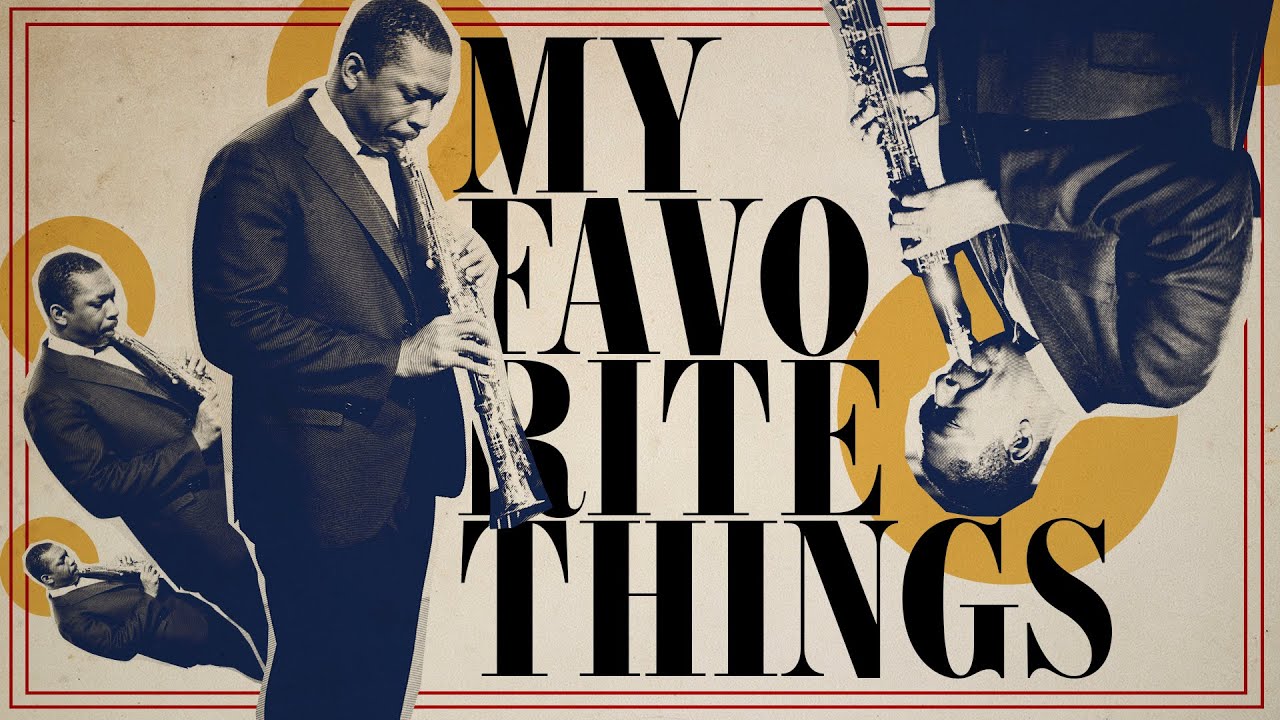Clivey
Well-Known Member
- Messages
- 1,438
- Location
- Edinburgh/Hot Rock off African Coast
Whatever emotional response music gives us ,I would say was the in domain of whoever is producing it and it is very often the manifestation of complex almost unexplainable internal motivational reasoning.I agree
I like for the impro to occasionally connect with the melody. I’m afraid I switch off and agree that imho it’s an ego trip and doesn’t create, for me, a pleasant listening experience.
I would suggest much has been composed and recorded and performed that was never intended to be "enjoyed" as such but can still be successful in evoking strong feeling in the listener. If it fulfils the process then it's probably "job done".





